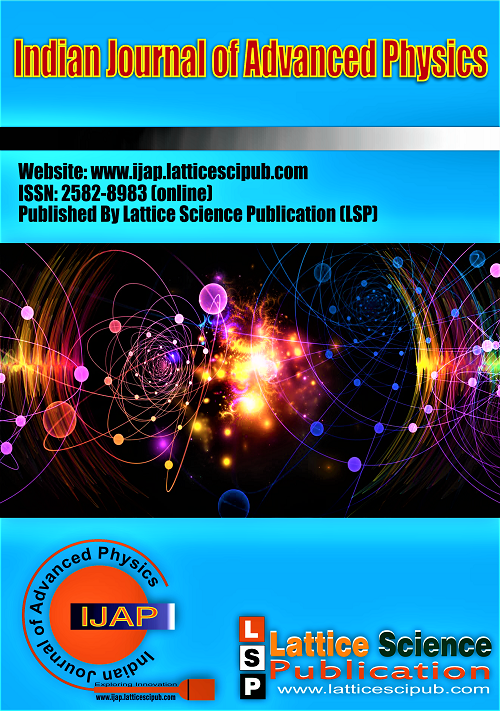The Existence of Time, Energy, 4 Forces, and Physical Laws Depends on Motion
Main Article Content
Abstract
This paper explores the relationship between motion, time, energy, and forces. It proposes a new framework based on the idea that motion drives time, energy, and forces. Without motion, it is impossible to perceive time, energy, or forces. Motion precedes time because time is created through motion. The concept of time without motion is meaningless. Furthermore, not only time but also all forms of energy and forces depend on motion. Energy is generated, changed, or transformed due to motion. The four fundamental forces-gravity, electromagnetism, the strong nuclear force, and the weak nuclear force-are all dependent on motion. Additionally, physical laws are active because of motion. Without motion, these laws would break down. According to this theory, motion provides a new perspective on fundamental scientific principles, potentially offering insights into the Grand Unified Theory (GUT).
Downloads
Article Details

This work is licensed under a Creative Commons Attribution-NonCommercial-NoDerivatives 4.0 International License.
How to Cite
References
"Referred from Newton's law of motion, Wikipedia". https://en.wikipedia.org/wiki/Newton%27s_laws_of_motion
"Referred from Einstein's Theory of relativity (general and special), Wikipedia". https://en.wikipedia.org/wiki/Special_relativity https://en.wikipedia.org/wiki/General_relativity
"Referred from Big Bang Theory, Wikipedia". https://en.wikipedia.org/wiki/Big_Bang
"Referred from Maxwell’s Equations, Wikipedia". https://en.wikipedia.org/wiki/Maxwell%27s_equations





